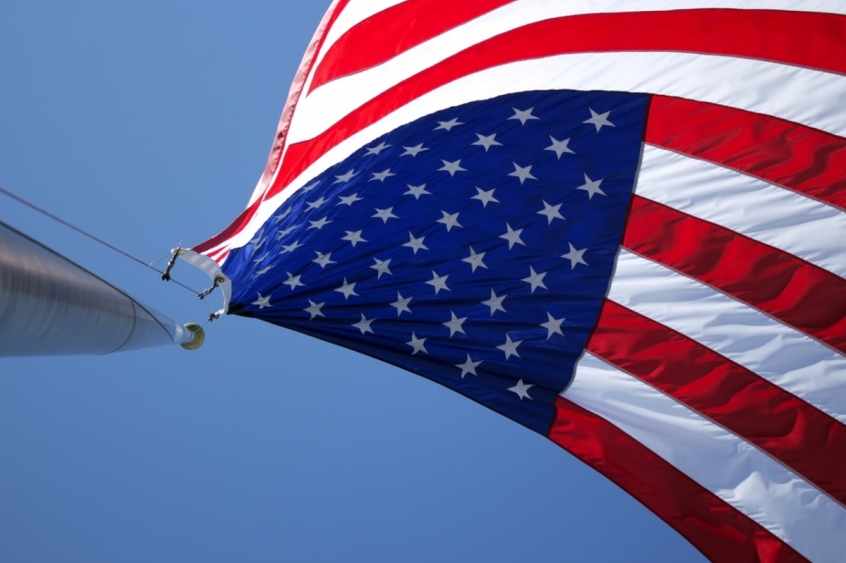A new survey has found that 'nones' – the religiously unaffiliated, including atheists – are now the largest religious group in the US.
With this rise comes a split in priorities with Trump voters and the more religious tending to be concerned with cultural decline, while the less religious focus on the issue of the economy.
The study comes from the American Family Survey, released yesterday. The comprehensive, annual research asks Americans about issues around to the family. The 2017 study, polling 3,000 Americans, found that 34 per cent of Americans now identify as 'nones': atheists, agnostics or 'nothing in particular', overtaking Protestants (33 per cent) and Catholics (21 per cent) as a social group.

The three groups are the three largest, with others in single figures: Muslims, Jews (two per cent), Mormons (one per cent), Orthodox Christians (one per cent), and Hindus (one per cent). Four per cent identified as 'something else'.
'When we first started doing this study in 2015, more than two-thirds of our respondents picked at least one cultural issue as being one of the three most important issues facing American families. Now there's been an 11-point increase in the percentage of people who say the biggest issues facing families are economic,' said Christopher Karpowitz, who heads up the survey alongside fellow political science educator Jeremy Pope, according to RNS.
The study found a clear shift: a rising concern for the economy as a key issue (from 51 per cent in 2015 to 62 per cent in 2017) and a decrease in concern over 'cultural' matters such as family, religion and sexual morality (from 68 per cent to 51 per cent).
Beneath this lies a religious divide: those who attend religious services regularly are more likely (72 per cent) to be concerned about cultural decline than those who attend infrequently (43 per cent). Most of the less religious (seven in ten) prioritise the economy. The study also found that Trump voters match the former tendency, being far more concerned over cultural matters than those economic.
However, a general interest in family remains as a uniting factor. Solid majorities believe that marriages benefit families and kids financially (66 per cent), that marriage is needed to make strong families (63 per cent), and that society thrives when more people are married (56 per cent).
The study also suggests a significant link between mobile phone use and relational struggles: 'Though the direction of causality is difficult to assess,' the study notes, 'over four in 10 people who use their phone multiple times a day to check social media believe their relationship is in trouble. Among those who never use social media, fewer than two in 10 believe that their relationship is in trouble.'













